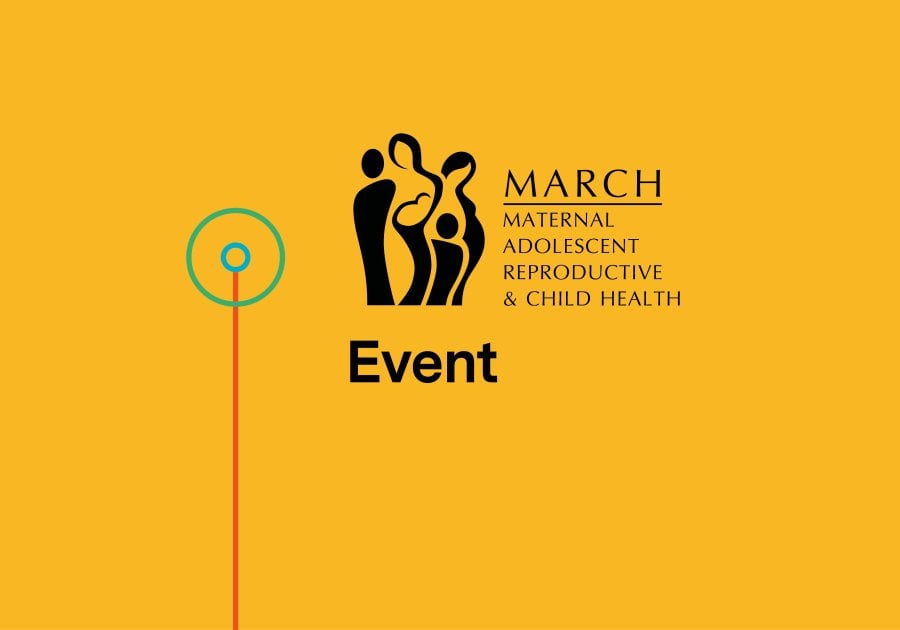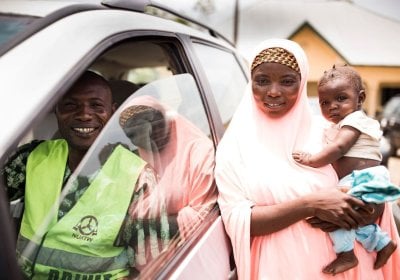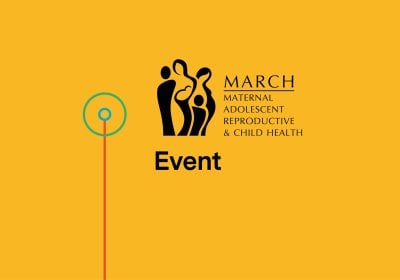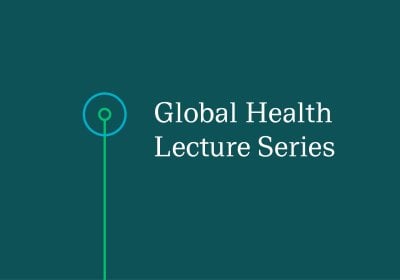Using closer-to-reality travel time data from Google to support building of more equitable health systems in the largest cities of Nigeria

Delays that pregnant women experience in travel to reach hospitals when in emergency contribute a third of maternal deaths in low- and middle-income countries. Evidence suggests that the increasing urbanisation is blurring the so-called ‘urban advantage’, with poor roads, haphazardly built environments, traffic, and expanding informal settlements being the reality. To date, most large-scale explorations of geographical access to emergency obstetric care (EmOC) have used modelled travel time, which do not reflect the lived experience of travel to care in urban settings. In this webinar, Dr Banke-Thomas, Lead Investigator of the ‘On Tackling In-transit delays for Mothers in Emergency’ (OnTIME) Consortium will share their innovative approach, done in collaboration with Google, in which an Internal Google Maps Navigation API was used to derive driving time to public and private EmOC facilities for peak and non-peak hours and weekdays and weekends. Median Travel time (MTT) and coverage of women of childbearing age were summarised for eight traffic scenarios at city level and units of decisions (wards) for different travel time thresholds in 15 of the most populated cities in Nigeria. The data has been used to develop an efficient and dynamic policy-relevant dashboard to support planning a more equitable health system.
Speakers
Dr Adura Banke-Thomas, LSHTM
Dr Kerry Wong, LSHTM
Event notices
- Please note that the recording link will be listed on this page when available.
Admission
Contact





